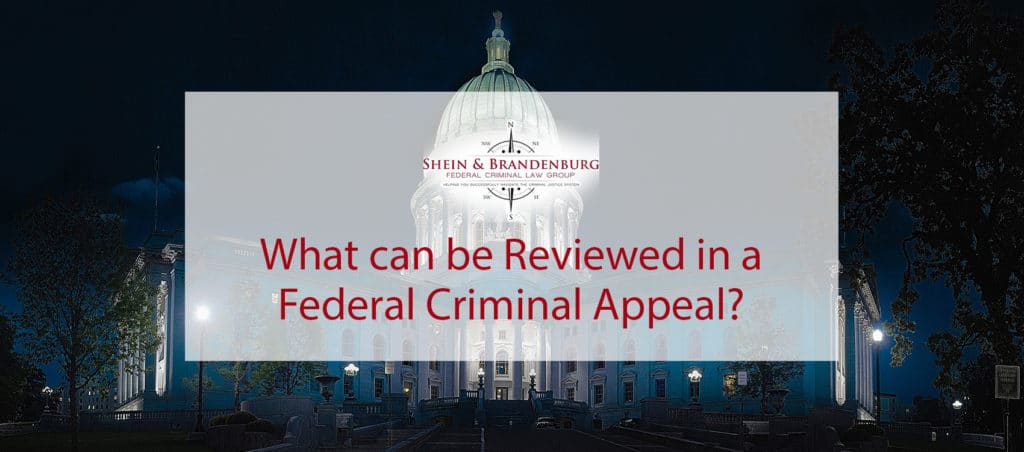The Scope of Federal Criminal Appeals
The United States Supreme Court recently declined to hear the appeal of a former militia leader who is convicted of conspiring to kill federal officials. The man’s appeal is just one of 150 petitions that the court rejected recently without explanation. The man, who was convicted of killing the federal officials, was an advocate of gun rights and anti-government thinking.
The case has so far had a complicated procedural history. The militia leader was convicted by a jury of nine felony counts in 2012 on charges including conspiracy to murder federal officials, solicitation to murder federal officials, and charges of owning and conspiring to own illegal weapons. Then, in 2017, a federal appeals court overturned the count of murder solicitation but upheld all of the convictions. As a result of these charges, the man is now serving a 26-year prison term. As part of the man’s appeal to the Supreme Court, he argued that killing federal officials should not be viewed as a criminal act. The man also claimed that conversations recorded by two FBI informants were “theoretical discussions” rather than actual plans.
Many people are aware that the appeal process is not comparable to a new trial. Appeals also do not provide defendants a second chance to have their guilt or innocence decided. Instead, appeals involve the decision of whether the trial court that initially heard a case applied the law appropriately. In examples like the previously mentioned one, a skilled appellate attorney can help a person determine which issues are appropriate for an appeal. Often, an appeal will focus on a few of the most important issues in a person’s case rather than attempt to address every possible issue.
Issues Commonly Raised in a Federal Criminal Appeal
Some of the most important issues that are raised in a federal criminal appeal include the following:
- Error preservation. This process refers to whether the person pursuing the appeal properly objected to errors during the trial and as a result, whether the person preserved these issues for an appeal. If an error is not on record, it often cannot be included in an appeal, which is why attorneys so often make objections during a trial.
- Prejudice. To obtain a reversal on appeal, a person must demonstrate that the trial court’s error likely impacted the trial’s outcome. If a trial court made a mistake, but it did not influence the court’s decision, this is referred to as a “harmless error” and will not result in a reversal.
- Standard of review. The standard review is how a court of appeals regards a trial court’s decision. The possible standards include abuse of discretion, clear error, and de novo, which translates to “new trial.” It is often more preferable to obtain a de novo review than any other standard of review.
Speak with an Experienced Federal Criminal Appeal Lawyer
Creating a strong federal criminal appeal can be full of obstacles. Contact the Federal Criminal Law Center today for the help that you need in this challenging situation.


